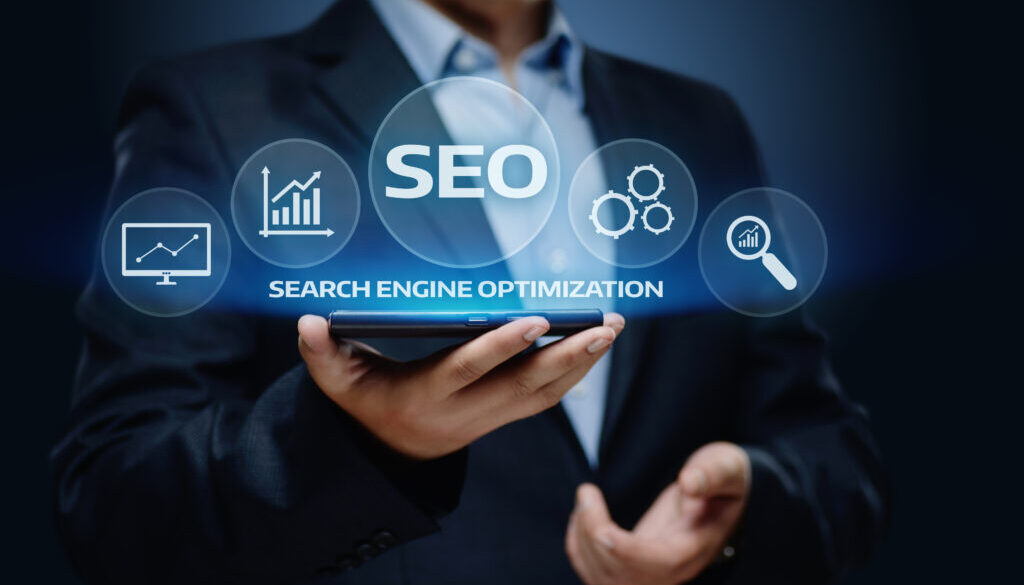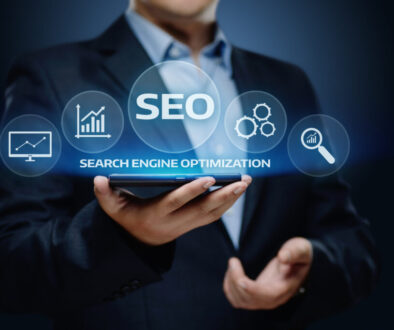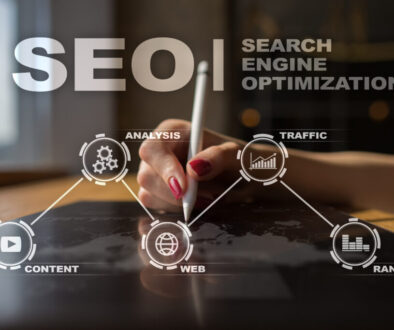Discovering More About PPC, SEM & SEO
The Difference Between SEO, SEM & PPC
You might be confused about the differences between PPC, SEO, and SEM. Both terms are used less often, but people tend to think of them as the same thing. That’s not necessarily the case. There are many differences between the two, including the benefits they offer. To better understand them, let’s look at what each one can do for your website.
What is SEO?
SEO, or search engine optimization, is a process of enhancing your website’s visibility in search results. It focuses on creating content that users will be interested in reading and promoting in a way that appeals to search engines. It is a growing area of digital marketing, and it’s important to understand what it is and how it works.
SEO involves a variety of technical and creative activities that influence the rankings of websites on Google. The most important part of SEO is producing high-quality content. Google’s algorithm uses over 200 signals to determine what sites are relevant to a particular topic. In addition to ranking sites based on relevant content, Google also looks for authority, trust, and expertise.
There are two main types of SEO, on-page, and off-page. Off-page factors are those that affect the reader or visitor experience on your site. The on-page factors include content, architecture, and HTML. Some are more important than others, but not all are equal. By focusing on specific topics, you can increase your chances of getting a high-ranking listing on search engines.
On-page SEO involves building content and using keywords to boost your rankings. This includes writing high-quality, relevant content regularly, using relevant keywords, and making sure your meta tags and titles are keyword-rich.
SEO Benefits
SEO is an effective way to get your business noticed. It increases traffic and sales and also promotes word-of-mouth marketing. However, there are some limitations to the benefits of SEO. One of them is that it doesn’t improve mobile friendliness, and you must make sure that your website is mobile-friendly to maximize SEO benefits. This is important because about 66% of web traffic is now generated from mobile devices. If your website doesn’t look good on mobile, you will be losing potential customers.
SEO benefits include increased traffic, sales, and market share. This is achieved by improving a website’s ranking in search results. Consumers typically click on the first listing of search results and being listed in the top few pages will boost traffic. The first page of search results earns 33 percent of all search traffic.
Other benefits of SEO include increased brand awareness and trust, which can lead to increased sales. SEO also improves user engagement, as it increases the time spent on a website. This can be measured through page views, time spent on a page, and bounce rate.
Search engine optimization has the added benefit of being an inbound strategy, meaning it targets users who are actively looking for what you offer. In addition to generating more qualified leads than any other form of marketing, SEO can save business money. A recent study found that 60 percent of consumers are more likely to buy from a company that produces original content. This helps build brand awareness, which increases brand loyalty.
What is SEM?
Search engine marketing (SEM) is a way to promote your website on search engines like Google. It involves paying for ads to appear on search results pages. It is a powerful tool that can help you reach your target audience. Many marketers use SEM to reach new audiences and increase brand awareness. The goal of SEM is to make your website appear in the top search results, so it can get noticed by potential customers.
Search engine ads are featured above organic search results, which are ranked by relevance. The first few results of a search will have an “ad” signal, which means that it was paid for. This type of advertisement will cost you money, but the ROI can be extremely high. Bing ads and Google ads are two examples of SEM ads.
To succeed with SEM, you need to choose the right keywords. Keyword research is the process of finding popular keywords that your target customers are typing into search engines. Using a keyword research tool can help you find the right keywords for your SEM strategy. The keywords should be relevant to your niche and be popular among potential customers.
While SEO is the organic way to optimize your site, SEM allows you to target the people who are searching for a product or service. SEM ads are usually displayed on the first SERP page and can boost traffic and conversions.
SEM Benefits
Search engine marketing is a highly effective way to generate traffic for a new business. It works by targeting specific audiences, languages, and search queries. It is a cost-effective method that can be optimized over time. But it can be difficult to see ROI because there are so many companies competing for the same keywords.
SEO is a great tool for generating traffic, but SEM can also be more profitable. Besides, SEM campaigns give you more control over your ads and the user experience. For example, you can create ads with engaging elements and use a higher CPC. This type of advertising also allows you to experiment and test different ad creatives.
While both methods have their strengths and weaknesses, they can complement each other and drive growth for a business. To get the best out of SEO and SEM, you need to make sure that your website is SEO-friendly. In addition, you must choose a partner who specializes in Google Ads.
Search engines reward sites that have authority. However, building an authoritative base can take months. Furthermore, search engines change their algorithms frequently. They may even add new factors to their ranking formulas.
What is PPC?
Pay-per-click (PPC) advertising is a type of internet advertising where you pay only when someone clicks on your advertisement. This type of advertising is often very effective, and it offers several benefits. For instance, you’ll never have to worry about your ad being seen by people if they don’t search for it. You can customize what types of ads you want to run and select the keywords that will best match your audience. Plus, you can choose which landing page you want to advertise on.
PPC advertising works by creating and displaying targeted advertisements when people search for something relevant to your business. For example, if someone searches for a red dress, you can display an ad that’s tailored to fit that search. PPC advertisers bid for top placement in search results. They also can control how much they’ll pay for each click on their ad.
PPC advertising is a good option for both small and large businesses. It’s a powerful tool for promoting products or services online and can boost your business’s profits. It’s best to research keywords before launching a campaign so you can make the best use of the money you spend. You should also spend time creating a landing page that’s optimized for search engines.
PPC advertising works best when the amount of money you spend matches the conversion rate. That’s why you’ll want to choose a PPC strategy that matches the cost of the product or service you’re selling. If your dollars match the conversion rate, you’ll find that PPC is an effective way to increase your sales and traffic.
PPC Benefits
PPC and SEO work hand-in-hand to make sure that your website gets the coverage it deserves in SERPs. PPC advertising appears at the top of a search result, so it could potentially occupy a large chunk of the SERP. SEO takes a much longer time to rank, so it can take time to see results.
Organic traffic can be difficult to generate, particularly if you are not on social media. Even if you optimize your content for SEO, you may still struggle to reach the top five positions in search results. However, paid search ads are much easier to create and optimize, and can reach the right audience at the right time.
PPC also allows you to target your ads with specific keywords. You can even customize them by geography, language, device, time of day, and prior visits. This allows you to increase your click-through rate and convert more traffic. PPC advertising is a great way to drive more traffic and generate more leads for your business.
PPC ads can link to your Google Analytics dashboard and track clicks, impressions, sessions, and the average cost-per-click. Both SEM and SEO can help you boost your brand and reputation. In addition, SEO can lead to more traffic and improve your site’s profitability. Meanwhile, SEM is a great way to shoot your site to the top overnight, and you can even adjust your ads to get higher rankings.
Contact us or call us today for any help you need with your SEO, SEM, or PPC campaign that leads to business growth! Visit our blog for more related articles on how to execute the best Digital Marketing!






